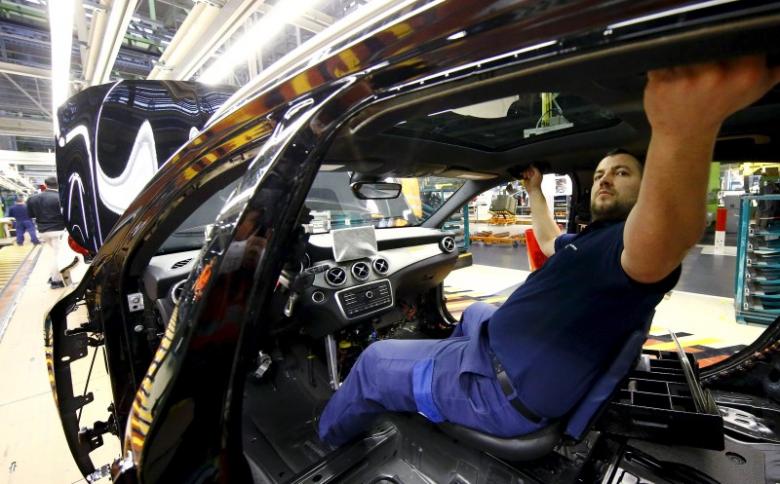- Manufacturers Spend N226bn Monthly on Gas
About 2,000 manufacturers using gas to power their operations spend an average of N200bn a month on power generation, investigation by our correspondent has shown.
The reason, according to manufacturers, is their continued payment for gas in dollars instead of the local currency.
Each of the manufacturers currently using gas spends an average of N113m on gas every month, a figure that is brought about by the high exchange rate.
While the global price of gas goes for $2.50, manufacturers in Nigeria pay $8 for one standard cubic metre of gas.
“An operator who spent N15m a month on gas when the dollar exchanged for N150 currently spends N45m at the current exchange rate of N450/dollar,” the Director-General, Nigerian Textile Manufacturers Association, Hamman Kwajafa, said.
The Chairman, Gas Users Group of the Manufacturers Association of Nigeria, Dr. Michael Adebayo, said manufacturers had been paying over N100m for gas since the regime of buying gas in dollars started two years ago.
“Some people spend as much as N127m a month; others spend as much as N150m a month,” he said.
The manufacturers listed the reversal of the policy on gas as one of the major catalysts that would make the sector rebound this year.
Adebayo said the government needed to remove manufacturers from the category of commercial consumers of gas and put them under strategic industrial sector category.
He said, “Globally, manufacturers are put under strategic industrial sector among gas consumers. We generate employment. We use the gas; we do not sell the gas. People that are selling gas are the ones that are supposed to be on the commercial category, not the people who are using the gas to produce goods for export.
“It is terrible; nobody can budget. We cannot even increase the price of what we are selling because people are not even buying.”
Adebayo suggested an amendment to the Gas Subsidy Gazette of 2008 that put manufacturers in the category of commercial consumers.
A major player in the oil and gas sector and Managing Director of Falcon Petroleum Limited, Prof. Joseph Ezigbo, told our correspondent that gas was benchmarked in dollars because of government policy and the cost of gas flaring.
He said, “It is very expensive to bring gas out of the ground. In the past, our gas was cheap because it was a by-product of oil; so, the gas was already paid for along with the payment for oil.
“But now, we are billing for gas exclusively and the cost of producing just gas alone is higher. So, comparatively, if you put gas and diesel side by side, the gas is still cheaper.”
He added, “The government took a deliberate action to fix the price of gas so that people will not sell differently.
“But there is a proliferation of willing-buyer-willing-seller situation where people are buying not within the ambit of the Nigerian Gas Company, the gas company that controls the price. Under such situation, the gas can vary from $10 to as much as $15.”
But the President, MAN, Dr. Frank Jacobs, told our correspondent that if the electricity generating companies were allowed to buy gas at $2.40, there was no reason for manufacturers to buy at $8.
He said the association had complained to President Muhammadu Buhari as well as the Senate President and Speaker of the House of Representatives.
“It is our hope that this year, something will be done about it because manufacturing is supposed to be a priority sector and should be given some concession. Besides, gas is not imported, it is an indigenous product and there is no justification for denominating it in dollars.
“We have made this position known to the government and we are hoping that they will do something about it.

 Billionaire Watch3 weeks ago
Billionaire Watch3 weeks ago
 Startups4 weeks ago
Startups4 weeks ago
 News4 weeks ago
News4 weeks ago
 News4 weeks ago
News4 weeks ago
 Bitcoin4 weeks ago
Bitcoin4 weeks ago
 Naira4 weeks ago
Naira4 weeks ago
 Forex3 weeks ago
Forex3 weeks ago
 Treasury Bills4 weeks ago
Treasury Bills4 weeks ago

























